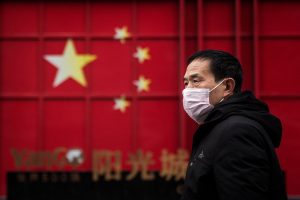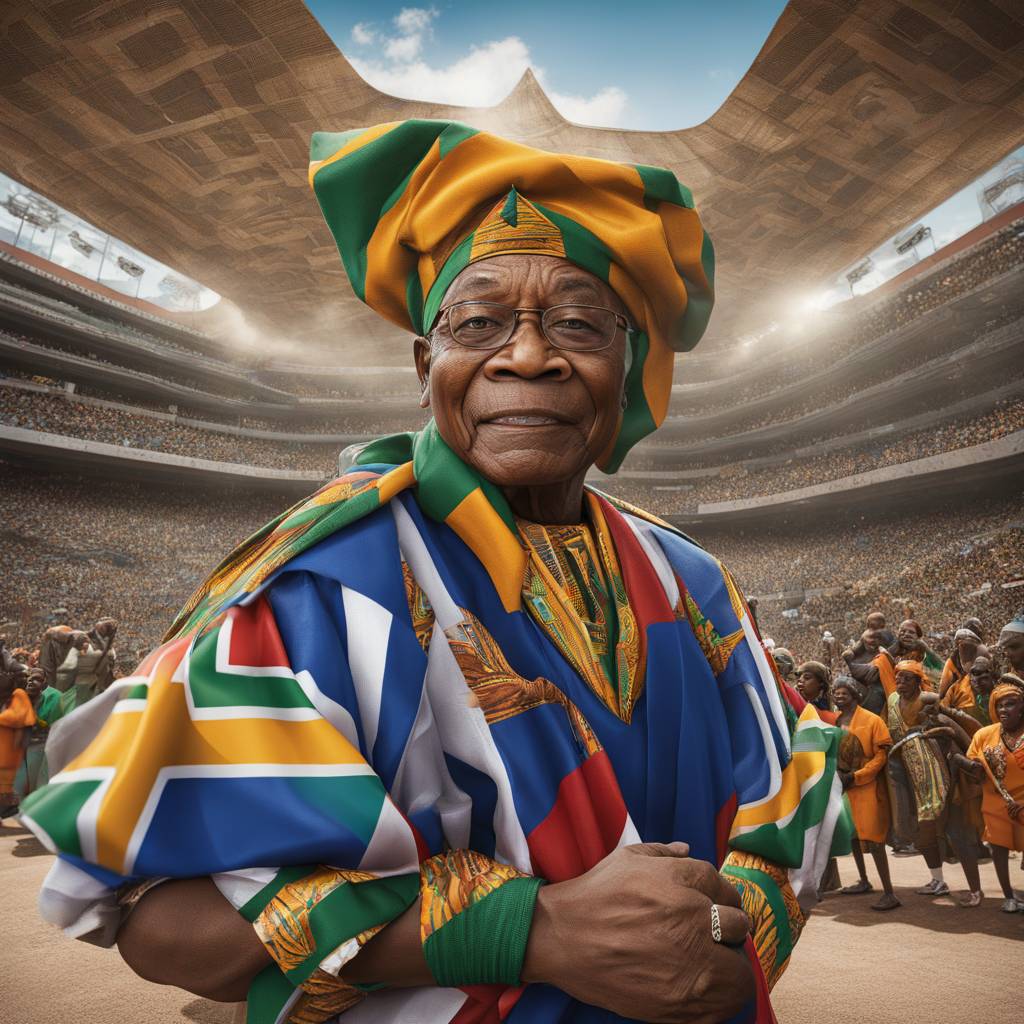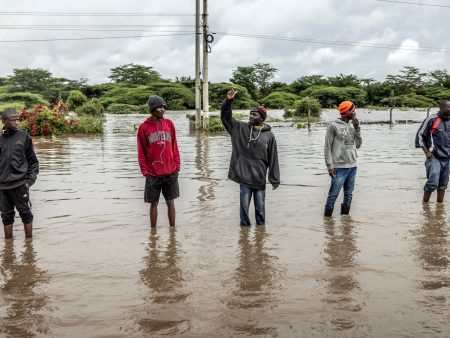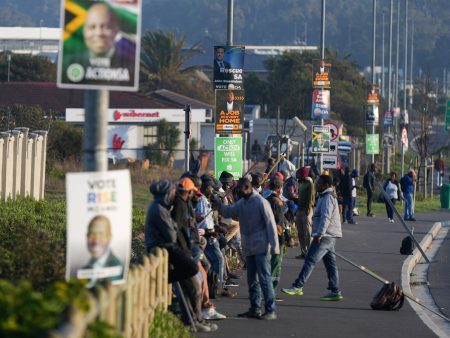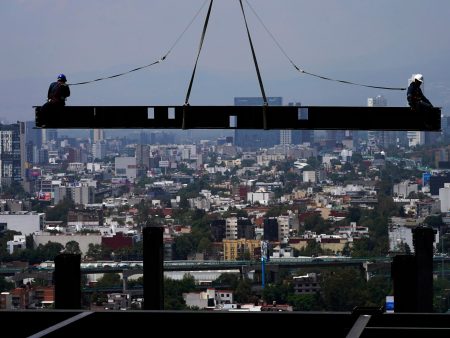The South African Electoral Court has overturned a previous decision that had barred former President Jacob Zuma from running in the upcoming general election. This ruling allows Zuma to run for president on behalf of the uMkhonto weSizwe Party, a political organization that he joined last year after denouncing the governing African National Congress party. The electoral commission had initially ruled against Zuma’s candidacy due to his criminal record, but this decision has now been overturned by the court. South Africa is set to hold a general election on May 29, which is expected to be a competitive vote.
Zuma, who was sentenced to 15 months in jail in 2021 for refusing to testify in a corruption probe, argued that this sentence should not disqualify him from running for office. His lawyers contended that the sentence was a result of civil, rather than criminal, proceedings and had been shortened by remission. Political analysts, such as Jajra Omarjel, expressed surprise at the court’s decision, noting that Zuma continues to defy expectations as he did during his presidency. The ruling comes at a time when the ANC is facing challenges in the polls due to a weak economy and allegations of corruption and mismanagement.
Some opinion polls indicate that the uMkhonto weSizwe Party could garner over 10 percent of the national vote, making it the third or fourth political force behind the ANC and the Democratic Alliance. The party is expected to perform well in KwaZulu-Natal, Zuma’s home province, where he still retains significant political influence, especially among the Zulu population. Despite facing multiple scandals and corruption allegations, Zuma remains popular among the more than 10 million Zulus in South Africa. The upcoming election will see South Africans voting for a new parliament, which will in turn elect the president.
The decision to allow Zuma to run for office has sparked debate and discussion within South Africa’s political landscape. Some view his candidacy as a threat to the country’s democratic institutions, given his history of corruption and abuse of power during his presidency. Others argue that Zuma’s popularity among certain segments of the population should not be dismissed, and that he has a legitimate right to run for office like any other candidate. The upcoming election is seen as a crucial moment for South Africa as it grapples with issues of governance, corruption, and economic challenges.
The outcome of the general election will have far-reaching implications for South Africa’s future trajectory and political landscape. The ruling ANC party faces significant challenges in maintaining its dominance in the face of a resurgent opposition and a restless electorate demanding change. Zuma’s candidacy adds an element of unpredictability to the electoral process, as his popularity among certain demographics could impact the final results. Ultimately, the South African electorate will have the final say in determining the country’s future direction through their votes in May.
